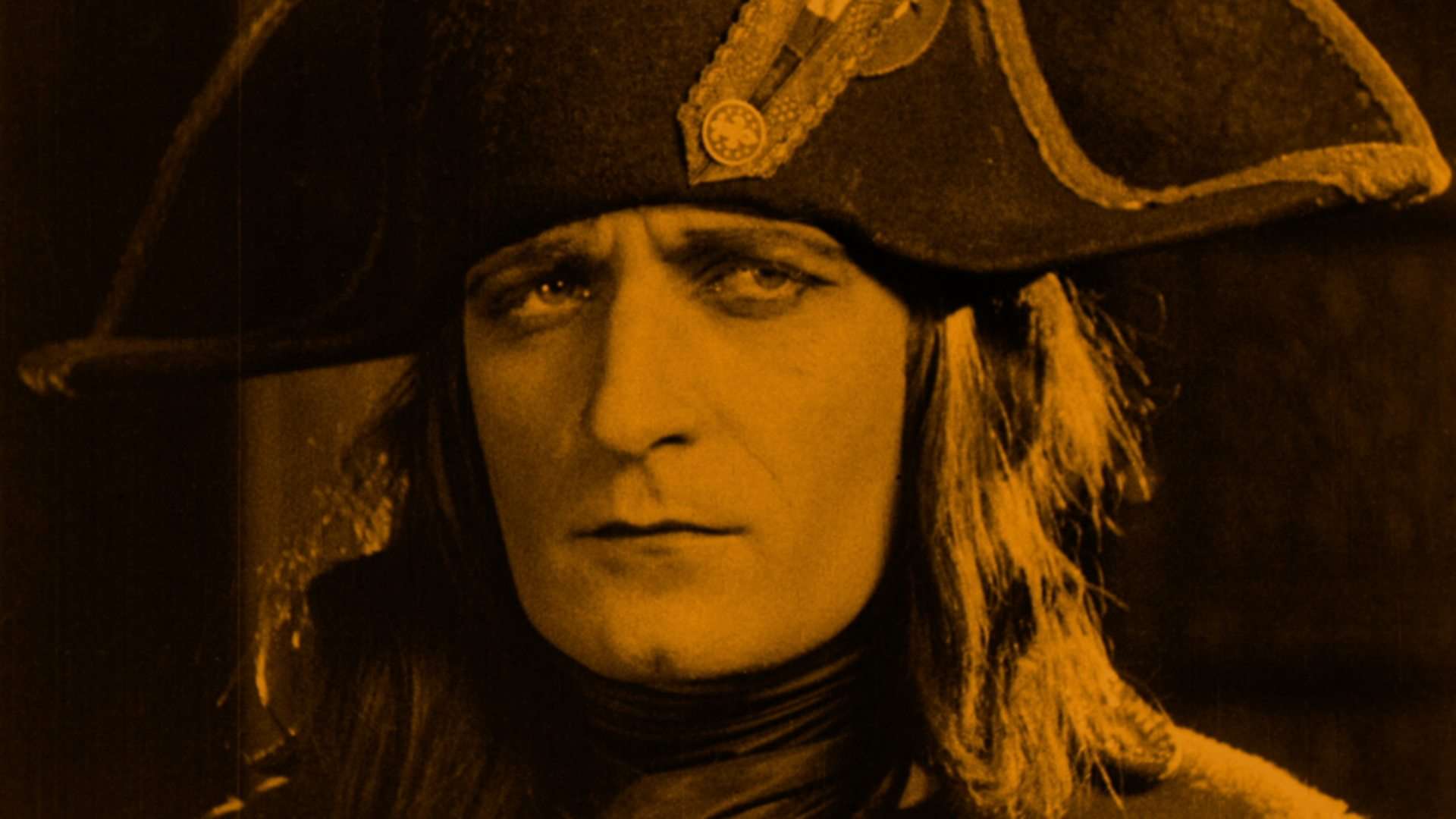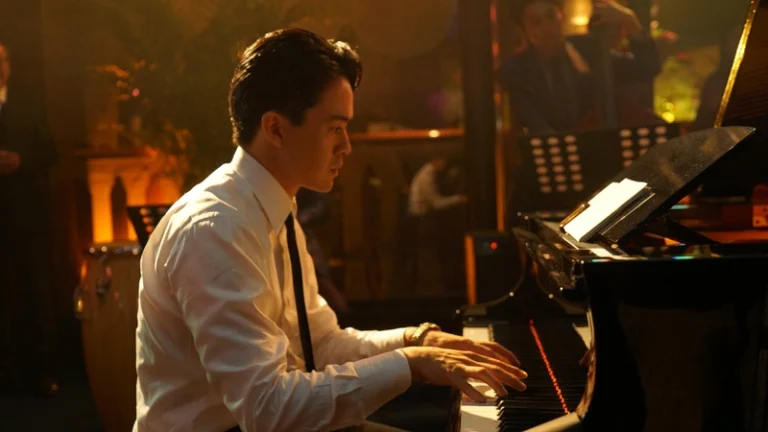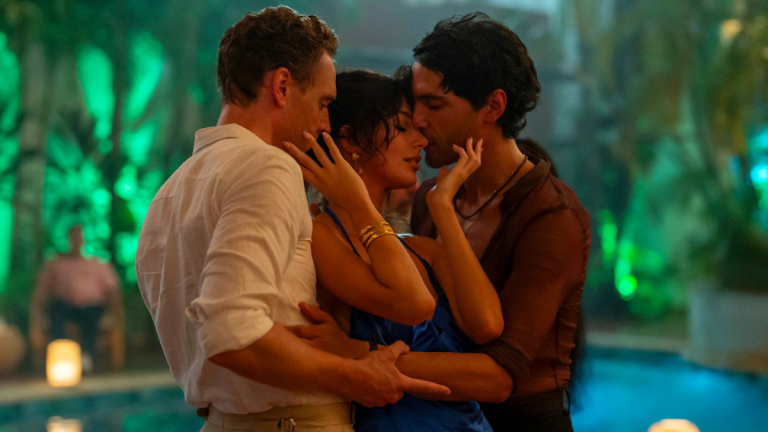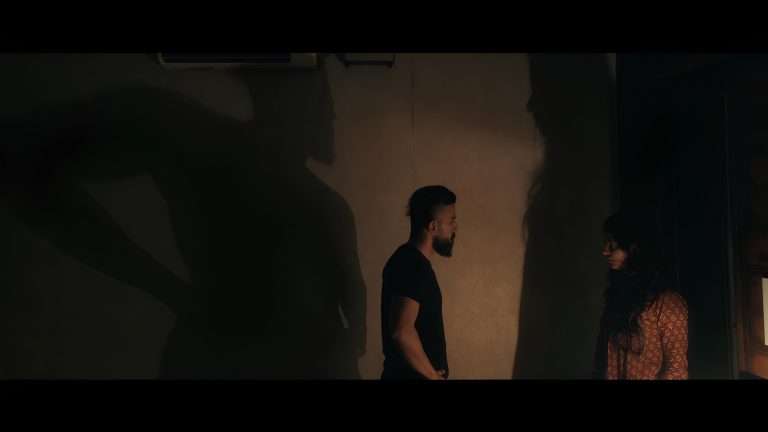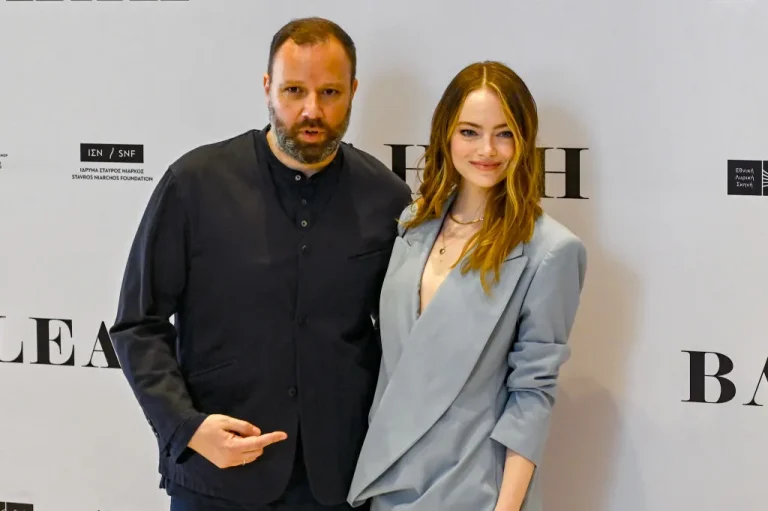Whilst much of the buzz surrounding the 2024 Cannes Film Festival might surround the premieres of new releases from some of the most eclectic and talented filmmakers in world cinema today – one thing that makes this particular film festival so special is its dedication to the medium’s history. Every year, we are treated to restorations of the classics of the art form. However, this year is particularly notable for premiering what has been described as less of a “restoration” and more a “reconstruction”, Abel Gance’s 1927 magnum opus, Napoleon.
“Nothing in the history of cinema has been ambitious in the way that this restoration-turned-reconstruction has been.” (Frederich Bounnaud, managing director)
The film opens today at the Debussy Theatre as the very first thing excitable, film-loving audiences will be treated to, and the premiere of this year’s Cannes Classic slate. However, what makes this particular project noteworthy is the sheer ambition and scale of the undertaking. The project cost €4.5 million (funded by a variety of patrons, including Netflix!) and took over fifteen years to compile, with over 100km of film having to be meticulously analysed.
Premiering at Cannes will be the first half (3 hours, 47 minutes) of this seven-hour epic, chronicling the rise of one of history’s most iconic figures. It pioneered the art form in 1927, managing director Frederich Bounnard describing the film as an “experimental odyssey” whose innovation means it remains “very contemporary”. The cut shown is aptly named “grand version”, two hours shorter than the “Apollo version” and four shorter than the “Opera version” (twenty-two different versions of the film have been identified), and was compiled with the help of a step-by-step outline provided by Marie Epstein who worked with Gance.
A film that long needs a soundtrack to match and a great deal of effort was made in ensuring it did just that. Mirroring Arthur Honegger’s original “hotchpotch” score, composer Simon Cloquet-Lafollye assembled one of the longest soundtracks in the history of cinema, which has been brought to life by Radio France under conductor Fabien Gabel.
Following its premiere at Cannes, the film will be in concert at the La Sien Musicale Boulogne-Billancourt on July 4th and 5th, followed by a release in French cinemas. However, since the film has been translated into six different languages, it won’t be long before we film fans can get our hands on this monumental achievement in film restoration!

